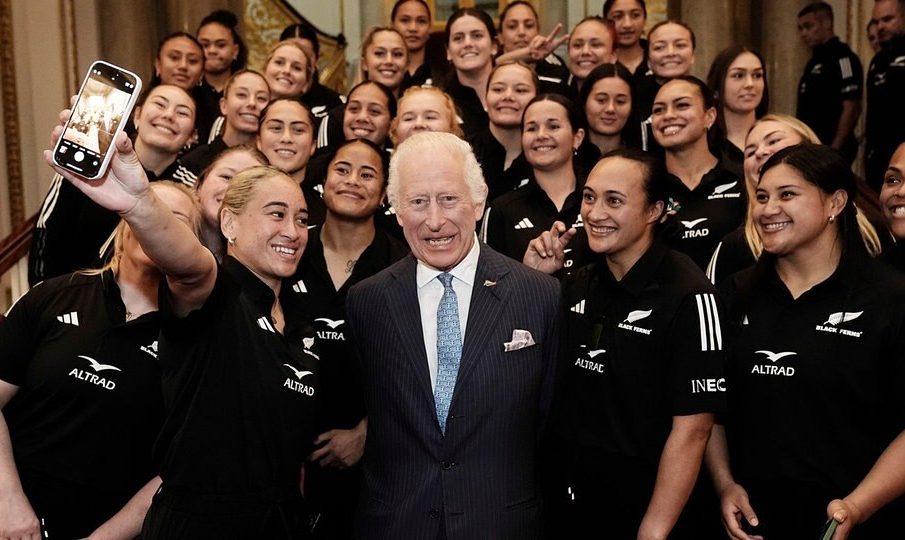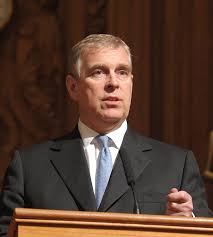King Charles: The Challenges and Triumphs of His Reign

Introduction
The ascension of King Charles III marks a significant chapter in British royal history, following the death of his mother, Queen Elizabeth II. As the new monarch, King Charles faces a plethora of challenges that resonates deeply not just within the United Kingdom but across the Commonwealth and globally. His reign signifies a shift in priorities that reflect contemporary societal values, and many are keenly observing his approach to long-standing traditions against the modern backdrop.
The Challenges Ahead
Since taking the throne in September 2022, King Charles has had to navigate the complex landscape of public opinion, financial pressures associated with the monarchy, and the lasting repercussions of the COVID-19 pandemic. His first public address as king focused on themes of service and duty, signalling his intent to modernize the monarchy. Issues such as climate change, which Charles has championed for decades, are high on his agenda, drawing attention to the monarch’s role in advocacy and awareness.
Moreover, King Charles faces criticism regarding the expenses and relevance of royal activities amidst a cost-of-living crisis in the UK. An Ipsos-MORI poll conducted in early 2023 indicated mixed feelings among the British public regarding the monarchy’s future, with many expressing a desire for a more budget-conscious royal family.
Public Engagements and Initiatives
In response to these challenges, King Charles has embarked on various royal tours and public engagements, aiming to connect with the public and reinvigorate interest in the monarchy. His visit to Scotland in early 2023 highlighted his commitment to regional issues and showcased his willingness to engage with community matters. Initiatives focusing on environmental sustainability have been a cornerstone of his engagements, aligning royal duties with pressing global concerns.
Conclusion
King Charles’ reign is still in its infancy, yet the early indicators suggest a monarchy poised to adapt and evolve. As he strategises to balance tradition with the demands of modern society, the success of his reign will largely depend on his ability to resonate with the British public and demonstrate the relevance of the monarchy in contemporary times. For readers, this turbulent yet transformative phase offers an interesting lens through which to view the institution of the monarchy, its challenges, and its potential for renewal. The coming years will likely reveal the significance of King Charles’ reign in shaping the future of the British monarchy.





